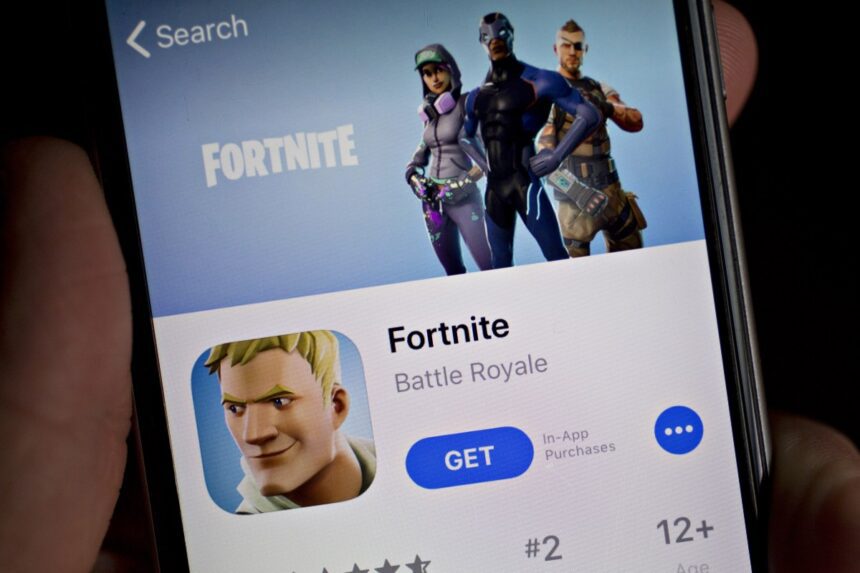The Department of Justice and seventeen state attorneys general have filed a significant lawsuit against Apple, alleging monopolistic practices in the smartphone industry. Epic Games, the creator of Fortnite, has long accused Apple’s iOS App Store of antitrust violations, sparking a prolonged legal battle.
While not directly named in the 88-page lawsuit, Epic Games’ concerns mirror the extensive discussions on the App Store’s anti-competitive behaviors.
The lawsuit criticizes Apple for enforcing App Store rules inconsistently and penalizing developers who pose a threat to its monopoly power by taking advantage of disruptive technologies. One key complaint Epic Games has is the requirement for developers to give Apple a 30% share of in-app purchases. Unlike Android devices, iPhones don’t allow sideloading apps, giving Apple complete control over all apps in its store.
Epic Games’ CEO, Tim Sweeney, has been a vocal critic of Apple’s revenue cut for nearly a decade, considering it monopolistic and harmful to smaller companies. In 2020, Epic enabled Fortnite players to pay directly to Epic, bypassing Apple’s cut, resulting in Apple removing Epic from the App Store, leading to the ongoing legal battle.
Although a judge ruled against Apple preventing apps from redirecting users to alternative payment methods, Apple was not classified as a monopoly.
Despite past rulings favoring Apple, this lawsuit aligns with some of Epic Games’ grievances, highlighting the longstanding issue of the 30% fee imposed by Apple on many developers.
Not limited to Epic Games, other tech giants like Spotify have also confronted Apple on antitrust issues, with Spotify referring to Apple’s compliance plan as “extortion” and a “farce.” Furthermore, Apple was fined €1.84 billion for antitrust breaches in the music streaming market earlier this year.
The Coalition for App Fairness, including Epic Games, Spotify, Deezer, and Proton, voiced support for the DOJ’s action against Apple, criticizing Apple’s control over the mobile app ecosystem and its detrimental impact on competition and consumers.
In response to the situation, Epic Games has refrained from commenting, including CEO Tim Sweeney, who is usually outspoken on such matters.
“I’ll be off Twitter antitrust commentary between now and the end of my testimony in the Australian Epic v Apple and Google trial in Melbourne,” Sweeney posted, alongside a photo he took in Melbourne.
For further details on Apple’s antitrust lawsuit, please check here:









